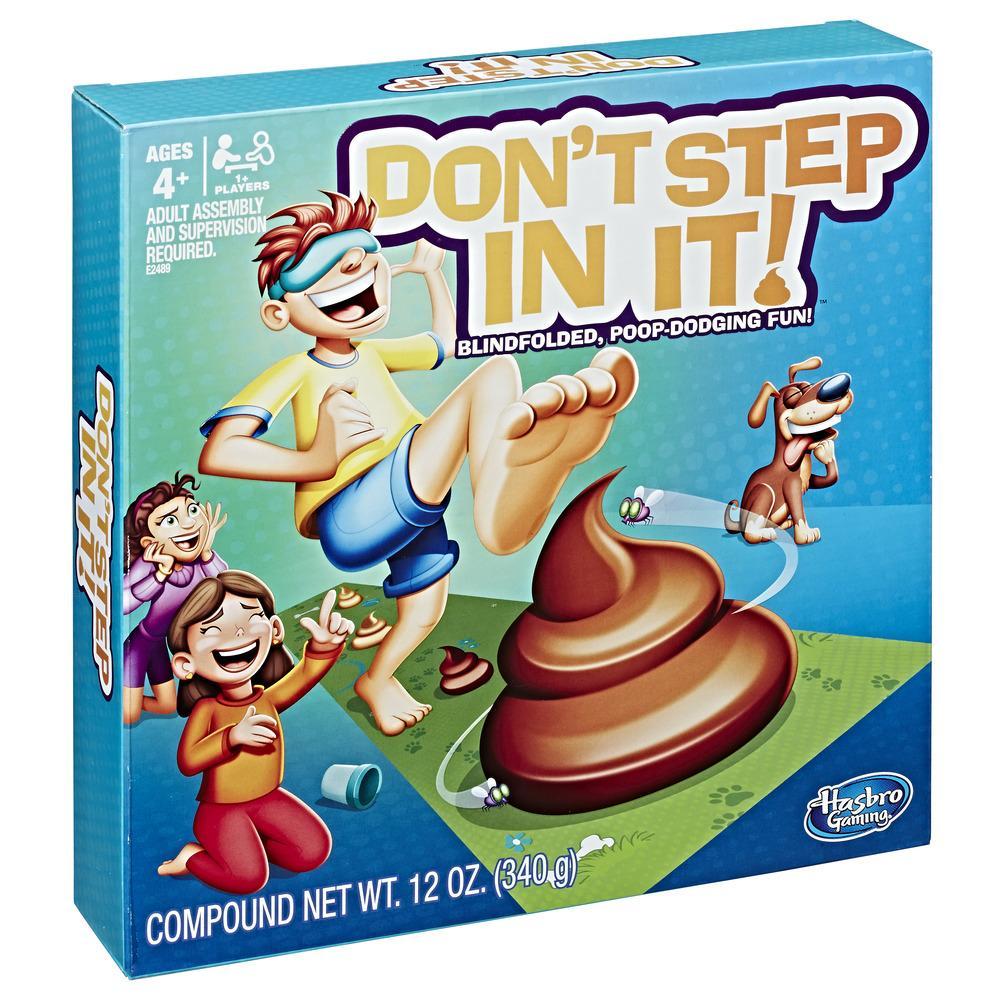How to Win at Monopoly and Lose All Your Friends
by elpherJan 26 2016
INTRO: Why I hate MonopolyINTRO: Why I hate Monopoly
INTRO: Why I hate Monopoly
If you just want to know how to win, scroll down to "EARLY GAME: Establishing the first monopoly". If, after reading the rest of the post, you have questions like "How could you do such a thing?" or "Why would you be so cruel?", this section contains the explanation. For various reasons, I think Monopoly is not that great of a game, but since everyone owns it, it still gets dragged out every once in a while.
Nobody knows how to play it, but they still end up hating each other.Nobody knows how to play it, but they still end up hating each other.
Nobody knows how to play it, but they still end up hating each other.
Because Monopoly is one of the best-selling games of all time, most of us learned to play it as children. As such, most of us know the basics of going through a turn, such as rolling, moving, buying and improving properties, collecting rent and so on. However, few people know all the rules (more on this later) or how to form a cohesive strategy. This results in games were people more or less roll the dice and go through the motions until somebody wins. Because of the way the game is designed, this inevitably results in one person acquiring a majority of the assets on the board, and beginning the slow, painful, friendship-destroying process of grinding the other players out of the game, turn by turn. This is why Monopoly starts as a fun exciting romp, only to turn into a bitter cesspool of despair.
This is intentional! This is intentional!
This is intentional!
Monopoly was, in fact, a rip-off of "The Landlord's Game", a game designed decades earlier by Elizabeth Magie, a proponent of Georgism (
Georgism - Wikipedia). The game was designed to teach children about the inherent unfairness of the capitalist land-grabbing system, and demonstrate how it enriches landlords while impoverishing tenants. Interestingly, it also included rules for a co-operative, anti-monopolist "Prosperity Game", in which victory was achieved when all players had at least double their original stake.



